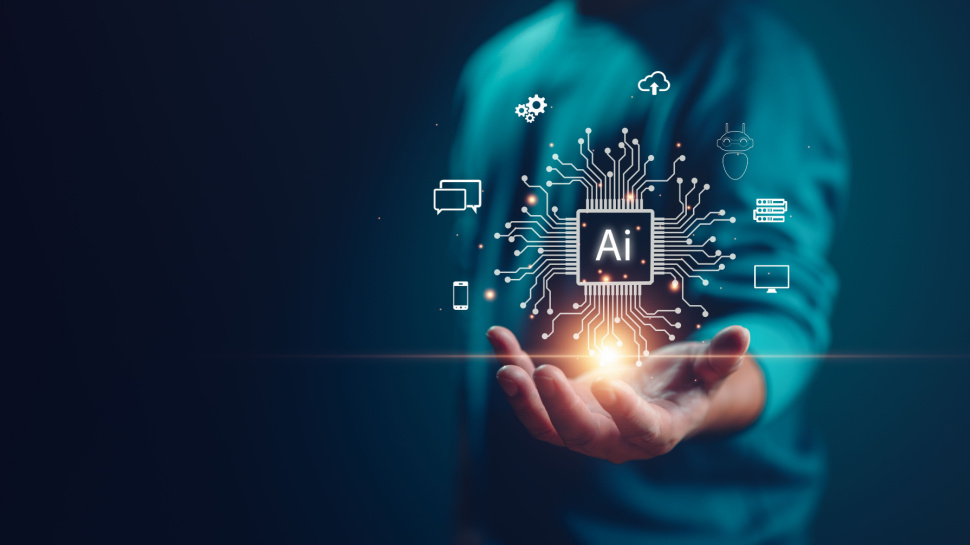CEOs need to take some big decisions on AI at work — but many of them just aren't ready
A workforce shift is underway when it comes to AI

Sign up for breaking news, reviews, opinion, top tech deals, and more.
You are now subscribed
Your newsletter sign-up was successful
CEOs are facing significant challenges when it comes to adopting generative AI technologies within their organizations, new research has claimed.
Around two-thirds (63%) of UK and Ireland CEOs surveyed by IBM believe that the success of generative AI depends more on people’s adoption than on the technology itself, yet despite this, a similar number (64%) are pushing for quicker adoption than some employees are comfortable with.
Figures from the report come from 3,000 CEOs from over 30 countries and 26 industries, focusing on workforce, culture and governance issues.
CEOs and employees aren’t aligned on AI
The report asserts that workforce readiness remains a critical concern. Around two in three (65%) of UK and Ireland CEOs think their teams possess the necessary skills for integrating GenAI into their workflows.
IBM’s study also tackled the perception that AI may replace human jobs – it found that three in five (58%) are now hiring for roles that didn’t exist last year, highlighting an emerging sector and the positive impacts of AI on the workforce. Another one in three (37%) of CEOs plan to hire staff because of generative AI.
However, in the same breath, around half (46%) anticipate workforce reductions within the next 12 months due to AI advancements. Combined, it appears that roles could be shifting, rather than being eliminated.
Rahul Kalia, IBM Consulting UK and Ireland Managing Partner, commented: “For technology to transform the business, first the business must evolve. Success with GenAI will depend more on employee engagement and a culture of innovation than the technology itself.”
Sign up to the TechRadar Pro newsletter to get all the top news, opinion, features and guidance your business needs to succeed!
Looking ahead, the study’s focus on shifting patterns reveals that a greater upskilling effort will be required in order for companies to support their workers, and for workers to remain competitive. Today, 35% of CEOs agree that workers will require retraining and reskilling over the next three years, up from just 6% in 2021.
More from TechRadar Pro
- AI will lead to cut in human workers, executives admit
- We’ve rounded up a list of the best AI tools and best AI writers
- Use the best job sites and best recruitment platforms to find the right talent
With several years’ experience freelancing in tech and automotive circles, Craig’s specific interests lie in technology that is designed to better our lives, including AI and ML, productivity aids, and smart fitness. He is also passionate about cars and the decarbonisation of personal transportation. As an avid bargain-hunter, you can be sure that any deal Craig finds is top value!
